Am I being naive?
hortusladyNW
19 years ago
Related Stories
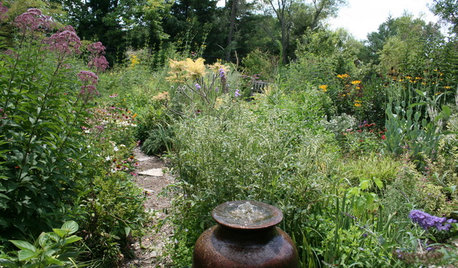
GARDENING GUIDESHow I Learned to Be an Imperfect Gardener
Letting go can lead to a deeper level of gardening and a richer relationship with the landscape. Here's how one nature lover did it
Full Story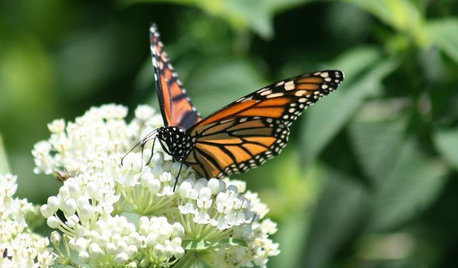
GARDENING FOR BUTTERFLIESBe a Butterfly Savior — Garden for the Monarchs
Keep hope, beauty and kindness alive in the landscape by providing a refuge for these threatened enchanters
Full Story
THE ART OF ARCHITECTUREDesign Practice: Why Saying No Can Be Good for Business
When talking with potential clients, ask yourself these questions to determine whether you should accept — or pass on — the job
Full Story
'Pan Am' Inspires Flight Back to 1960s Design
15 updated '60s homes offer lessons in craft, simplicity and style
Full Story
MOST POPULARIt’s Star Wars Day. May the Fourth Be With You
Fans of the sci-fi series are making special effects of their own all over the house. Have a look and share your own ideas for celebrating
Full Story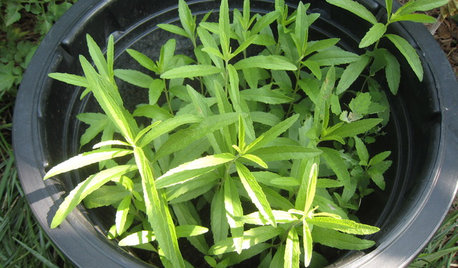
FALL GARDENINGBe Your Own Wildflower Nursery
Gather seeds from your garden in fall, and you'll have a selection of plants for next year — without spending a dime
Full Story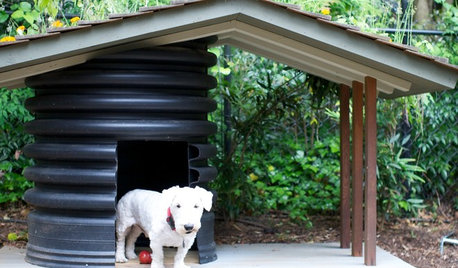
PETSHow to Help Your Dog Be a Good Neighbor
Good fences certainly help, but be sure to introduce your pup to the neighbors and check in from time to time
Full Story
PRODUCT PICKSGuest Picks: Everything Wants to Be a Cat
Coasters, bedding, decals, even a refrigerator cover ... these tasteful to over-the-top pieces let your cat-loving self run free
Full Story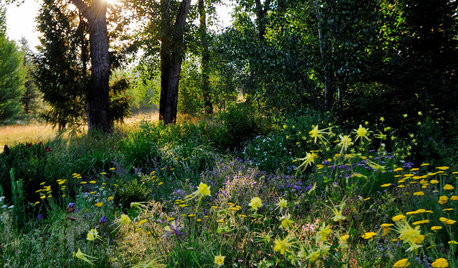
NATIVE PLANTSWhy Aggressive Plants Might Actually Be Your Friends
Sometimes a garden thug is exactly what’s called for
Full StoryMore Discussions







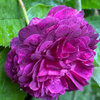

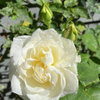
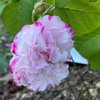
kaye
User
Related Professionals
Brentwood Landscape Architects & Landscape Designers · Summit Landscape Architects & Landscape Designers · Garden City Landscape Architects & Landscape Designers · Allentown Landscape Contractors · Damascus Landscape Contractors · Laguna Hills Landscape Contractors · Milton Landscape Contractors · Mission Landscape Contractors · Pahrump Landscape Contractors · Ridgewood Landscape Contractors · Rockwall Landscape Contractors · St. Louis Landscape Contractors · West Covina Landscape Contractors · Wilton Landscape Contractors · Maple Heights Landscape ContractorsKimmsr
henry_kuska
hortusladyNWOriginal Author
michaelg
hortusladyNWOriginal Author
User
kaye
hortusladyNWOriginal Author
forest_er
threeducks
madspinner
smunroe
seamommy
Paula_sfbay
mystmaiden
diospyros4luna
prairiemoon2 z6b MA
auburngardengal
brandyray